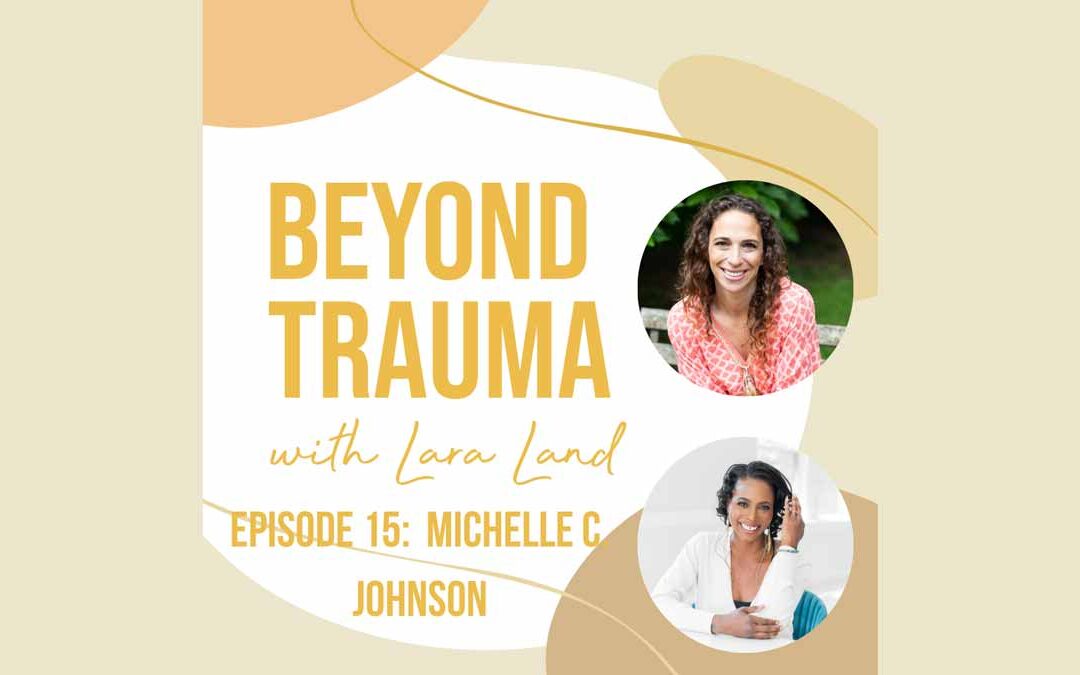As I’ve been interviewing folks for the Beyond Trauma Podcast, certain topics have come up again and again, reminding me that we are being called at this time to work with them. They leave something to be explored. Grief is one of those very present topics today. Many of my guests have referenced the grieving process and each time it has struck me as an important and timely topic.
Have you been grieving lately?
Many people experienced a lot of loss in the last years, not just in terms of people, but of the life they were leading and the future they imagined. And yet, no time, support, or roadmap was given to hold that grief. Most were forced back to work, many clocking way more hours than pre-pandemic with no breaks between meetings or mindless commutes.
What happens when you lose a life you never got to live?
Folks in war zones and regions struck by climate disasters face this trauma daily. We’ve experience this trauma also as whole industries have been destroyed and neighborhoods uprooted. We need time to grieve what was lost, our old restaurants, neighbors. So much has changed.
How much time and resources are given to folks to be in the grieving process is not the same for everyone. We favor minimizing the impact of our losses in favor of maximizing production, especially when losses occur in marganalized communities. If a person lost is not a family member why can’t the grief be just as bad? It can, but we don’t make room for it.
Many of us are afraid to feel. We worry that opening the space for sadness would leave us overcome and nonfunctional. Instead we armor up and become cold and cruel. We don’t know ourselves and each other because what we won’t look at in our own bodies we will not allow another.
There’s another way. Being together in our sadness is powerful and necessary. It’s not easy, but it’s the most healing and transformative work we can do. Now is the time to check into your grief and see what it wants to be telling you. Here’s one way to do it:
Find a quiet place and some stillness. Place both hands on your heart and let the muscles of your chest soften. Allow any realizations to come. Notice if you want to clench up, move away or distract yourself and instead return to the feelings. Stay for ten minutes in quiet and then journal anything you discovered.
This week on the Beyond Trauma Podcast, Michelle Casandra Johnson and I discuss grief as well as a number of other timely topics related to traumatic stress. Take a listen HERE


Recent Comments